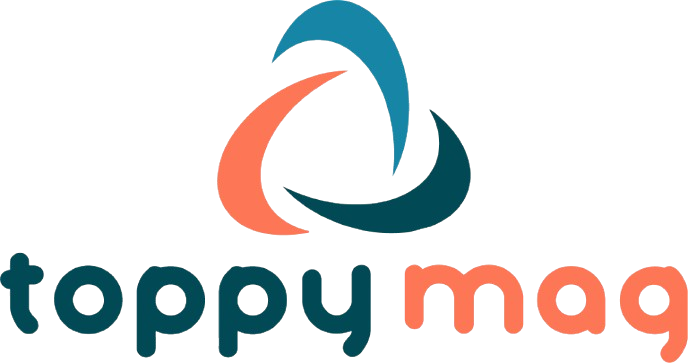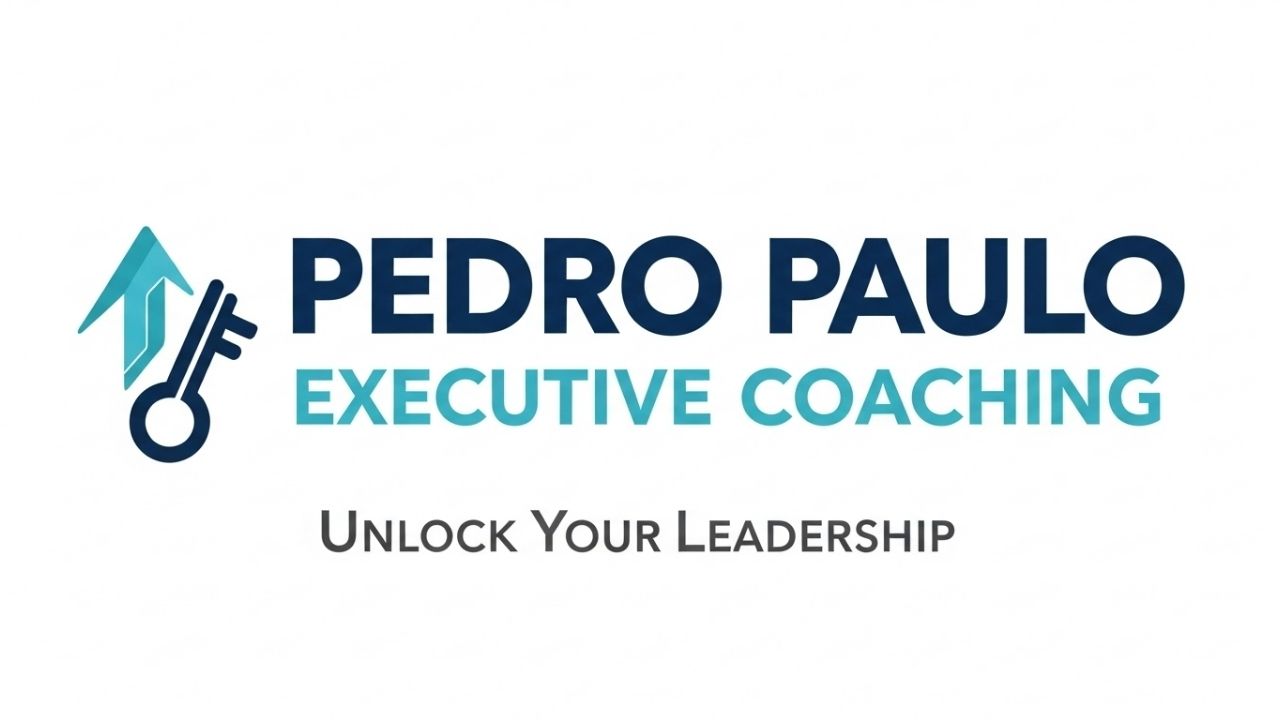In today’s fast-paced business environment, effective leadership is more crucial than ever. Executive coaching has emerged as a vital tool for leaders looking to enhance their skills, boost team performance, and drive organizational success. This comprehensive guide aims to explore the intricacies of executive coaching, specifically through the lens of Pedro Paulo’s approach, which emphasizes emotional intelligence and strategic growth.
Coaching Basics Explained
What is Executive Coaching?
Executive coaching is a professional development process that pairs a trained coach with a leader. Unlike therapy or mentoring, which often focus on healing or skill transfer, coaching is a partnership aimed at unlocking potential. It enables leaders to address their unique challenges, set clear goals, and develop actionable plans for growth.
The Role of the Coach
A coach acts as a facilitator, helping clients navigate their leadership journey. This partnership is built on trust, allowing for open dialogue about challenges and aspirations. Coaches utilize various tools and techniques to guide executives toward self-discovery and skill enhancement.
Importance of Emotional Intelligence
Emotional intelligence (EI) plays a pivotal role in effective leadership. According to Daniel Goleman, a psychologist and author of “Emotional Intelligence,” EI comprises four key components:
- Self-Awareness: Understanding one’s emotions, strengths, and weaknesses.
- Self-Regulation: The ability to manage disruptive emotions and impulses.
- Empathy: Recognizing and understanding the emotions of others.
- Social Skills: Building rapport and managing relationships effectively.
Coaching that incorporates EI can significantly enhance a leader’s ability to connect with their team, make informed decisions, and foster a positive work environment.
Key Benefits Unpacked
Enhanced Self-Awareness
Self-awareness is a cornerstone of effective leadership. Coaching helps leaders identify blind spots and biases that may hinder their performance. For example, a study conducted by Korn Ferry found that self-aware leaders are more effective, with 75% of them outperforming their peers in various competencies.
Goal Clarity and Action Planning
Executive coaching facilitates the transition from vague ambitions to concrete action plans. By setting SMART (Specific, Measurable, Achievable, Relevant, Time-bound) goals, leaders can create a clear roadmap for success. For instance, instead of stating, “I want to improve team morale,” a SMART goal might be, “I will implement a quarterly feedback survey to assess team satisfaction by the end of Q2.”
Improved Communication Skills
Effective communication is essential for leadership success. Coaching enhances skills such as active listening and impactful speaking. Leaders learn to ask open-ended questions and provide constructive feedback, fostering a collaborative team environment. According to a report by Salesforce, 86% of employees cite lack of communication as a major reason for workplace failures.
Performance Boost
Coaching can lead to significant improvements in performance. A study by the International Coach Federation found that organizations that invest in coaching see an average return on investment of 700%. This increase in productivity often stems from the adoption of new skills and strategies learned during coaching sessions.
Leadership Confidence
Confidence in decision-making and leadership style is crucial for effective leadership. Through feedback and accountability, coaching helps leaders build trust in their abilities. A survey by Zenger/Folkman revealed that leaders who receive coaching report a 25% increase in their confidence levels.
Coaching Process Steps
Initial Assessment
The coaching journey begins with a thorough assessment of the leader’s strengths and gaps. This process typically involves surveys, interviews, and self-reflection exercises. A comprehensive assessment provides a baseline from which to measure growth.
Goal Setting
Once the assessment is complete, the next step is goal setting. Agreeing on clear objectives is vital for the coaching process. Leaders should focus on 2–3 specific goals that align with their professional aspirations. For instance, a leader might aim to enhance their negotiation skills or improve team collaboration.
Developing an Action Plan
Creating a strategic action plan is essential for achieving the set goals. This plan should outline specific strategies, tools, and homework assignments that will enable the leader to make progress. For example, a leader seeking to improve their public speaking skills might commit to presenting at team meetings regularly.
Regular Coaching Sessions
Consistent coaching sessions are crucial for maintaining momentum. During these meetings, leaders practice new skills, discuss challenges, and reflect on their progress. A regular schedule also helps to reinforce accountability and commitment to the coaching process.
Evaluation and Adjustments
Regular evaluations are essential for measuring success. Coaches and leaders should review progress against the established goals and make adjustments as needed. This iterative process ensures that the coaching plan remains relevant and effective.
Measuring Success Metrics
Defining Success Metrics
To quantify the impact of coaching, leaders must define relevant success metrics. These metrics can include:
- Team Efficiency: Measure project delivery times or error rates.
- Communication Effectiveness: Solicit feedback from peers before and after coaching.
- Employee Engagement: Track engagement scores through surveys.
Tracking Progress
Maintaining a success dashboard can help leaders visualize their progress over time. By plotting metrics monthly, leaders can quickly identify trends and areas for improvement. For example, if team engagement scores rise significantly after implementing feedback mechanisms, it indicates the effectiveness of the coaching process.
Case Studies of Success
Real-world examples can provide powerful evidence of coaching’s impact. For instance, a tech company that invested in executive coaching for its leaders reported a 30% increase in employee engagement within six months. This success story underscores the potential for transformation through targeted coaching.
The Role of Emotional Intelligence in Coaching
Understanding Emotional Intelligence
Emotional intelligence (EI) is not just a buzzword; it is a critical skill for leaders. Research by TalentSmart found that EI accounts for 58% of job performance across various industries. Leaders with high EI can navigate social complexities, influence others, and foster positive workplace cultures.
Implementing EI in Coaching
Coaches can incorporate EI into their sessions through various exercises, such as:
- Role-Playing: Simulate challenging conversations to practice empathy and communication.
- Mindfulness Techniques: Encourage leaders to develop self-awareness through mindfulness practices.
- Feedback Sessions: Facilitate discussions about emotional triggers and responses.
Client Success Stories
Many leaders have experienced breakthroughs by integrating EI into their coaching journeys. For example, a client in a high-pressure environment reported improved team morale and productivity after focusing on EI practices, such as active listening and emotional regulation. These small mindset shifts can lead to significant impacts on workplace dynamics.
Choosing Your Coach
Defining Success for Yourself
Before selecting a coach, it is essential to define what success looks like for you. Consider factors such as:
- Career Advancement: Are you aiming for a promotion or a new role?
- Team Morale: Do you want to improve team dynamics and engagement?
- Work-Life Balance: Are you seeking to manage stress and achieve a healthier balance?
Evaluating Coach Credentials
When choosing a coach, consider their qualifications and experience. Look for:
- Certifications: Ensure they have relevant coaching certifications.
- Experience: Ask about their tenure and expertise in your industry.
- Specialties: A coach who has worked with tech executives may differ from one focused on finance.
The Chemistry Call
A chemistry call is a crucial step in the coach selection process. During this initial conversation, assess how you connect with the coach. Some questions to consider include:
- What is your coaching philosophy?
- How do you measure success in coaching?
- Can you share examples of past client successes?
This call can often indicate whether you will build a productive partnership.
Conclusion
Executive coaching is a powerful lever for personal and organizational success. By understanding the basics, mapping clear benefits, and following a structured process, you set yourself up for growth. Tracking metrics makes the case for continued investment, while emotional intelligence enhances every interaction. Choosing the right coach ensures a good fit and steady progress.
As you embark on your coaching journey, take these insights to heart. Define your top priorities, gather baseline data, and commit to a brief trial period with your chosen coach. With consistent effort and the right partnership, you can transform challenges into growth moments and lead with confidence.

